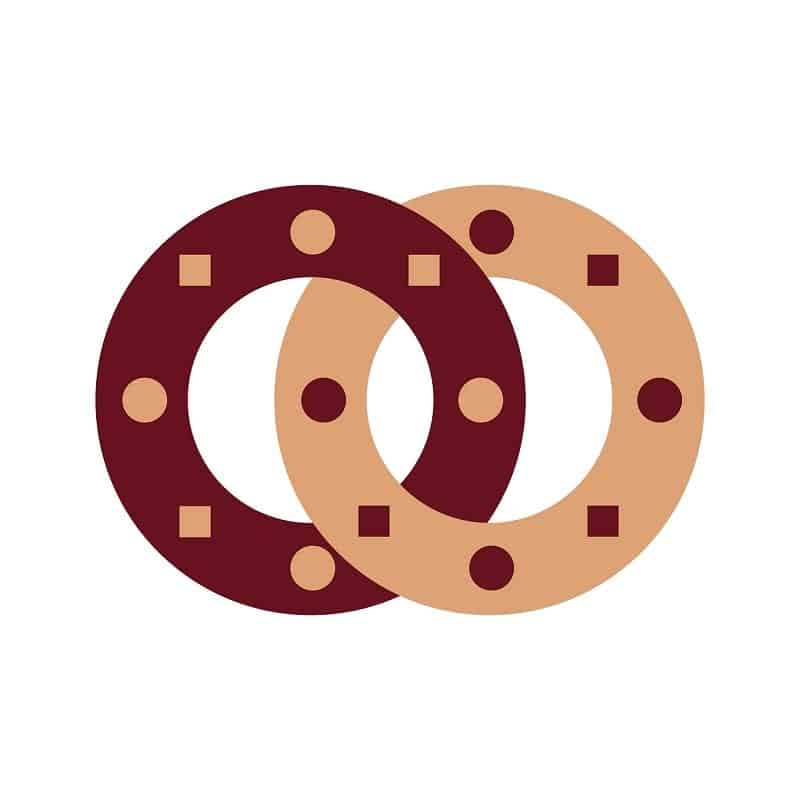Getting sober is hard. Staying sober is even harder, and requires a lifetime of one-day-at-a-time commitments to maintaining that sobriety. Hazards and pitfalls are everywhere, including one of the leading causes of relapse – cross-addiction.
What is Cross-Addiction?
Cross-addiction can occur in two ways–
- FIRST, when a person swaps one addiction for another. For example, a person in recovery for alcohol abuse may start to use marijuana in an erroneous belief that it will help them maintain their sobriety.
- SECOND, when a person abuses more than one substance at the same time, typically to intensify or prolong the pleasurable effects.
Why Is Cross-Addiction so Dangerous?
While certain combinations of drugs of abuse intensify the effects, they can also magnify the potential risks. These risks can be fatal, due to a phenomenon known as Combined Drug Intoxication. CDI results when the simultaneous use of multiple drugs creates an interaction where their individual effects are exacerbated and increased in severity. Most typically, death occurs due to a suppression of breathing. Several well-known celebrities have died due to CDI –
- Jimi Hendrix (alcohol and barbiturates)
- Whitney Houston (alcohol, benzodiazepines, antihistamines, and muscle relaxers)
- Michael Jackson (anesthetics and sedatives)
- Janis Joplin (alcohol and heroin)
- Rodney King (alcohol and cocaine)
- Heath Ledger (opioids and benzodiazepines)
- Philip Seymour Hoffman (heroin, cocaine, amphetamines, and benzodiazepines)

The Hazards of Cross-Addiction are Greater than Just Physical Danger
All substances of abuse create physical and chemical changes within the brain, specifically in those areas involved in the production of dopamine, a neurotransmitter responsible for pleasurable “rewards”. Often, a person who is in recovery from addiction to one specific substance will be unable to experience any feelings of pleasure or even feel “normal” while their body’s disrupted dopamine production slowly returns to normal. During this time—which can last weeks or even months—the person can suffer from prolonged depressive periods. In an effort to feel better, these individuals will frequently self-medicate with other substances. And, because the same regions of the brain are affected, the cycle of addiction continues. The person in recovery has just relapsed, by swapping one addiction for another. 
What Steps Can Be Taken To Prevent Cross-Addiction?
Once a person has been addicted to ANY substance, for all practical purposes, they lose the ability to casually use any OTHER substance that might be addictive. To be perfectly blunt, once a person has been addicted to ONE mind- or mood-altering substance, they are addicted to ALL such substances. To protect themselves from the risk of relapse, a person in recovery should make a conscious decision to be cautious when it comes to using any habit-forming substance, including alcohol or certain prescription drugs. In some cases, it may even be necessary to avoid other products, such as mouthwashes that contain alcohol or cough medicines containing dextromethorphan or codeine, for example. Most importantly, a person with a history of substance-abuse should ALWAYS be completely honest and open with their doctors. For example, a recovering alcoholic being seen for chronic pain needs to disclose their history to the doctor to see if there are any alternatives to potentially-dangerous habit-forming prescription opioid pain relievers. In the end, an addict is an addict, and the mechanisms of addiction are the same, no matter what their particular drug of choice is. The chances of a successful recovery will in large part depend upon their ability to recognize potential problems before they grow out of control. If you live in Idaho or anywhere else in the Inland Northwest and are struggling with any type of substance abuse disorder, you can get the help you need at Northpoint Recovery – the #1 drug and alcohol rehab program in the region. By using a multi-level approach to treatment, Northpoint can address all of the issues associated with the illness, from cross-addiction to co-occurring mental disorders. Make the call today to return hope and health to your life.


